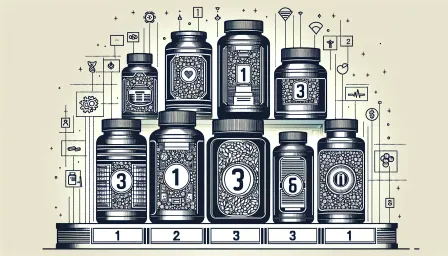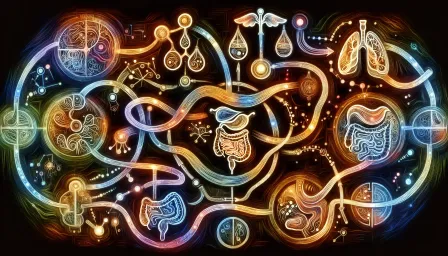Top Techniques for Stress Management for Anxiety: A Complete Guide

Discover comprehensive techniques for stress management for anxiety. Learn practical strategies to alleviate anxiety and improve mental well-being with this complete guide.
Introduction
Anxiety is a common yet challenging experience that many individuals face in today's fast-paced world. Effective stress management for anxiety is crucial to improving mental well-being and quality of life. This complete guide delves into various well-researched techniques to help you manage stress and reduce anxiety. By integrating these strategies into your daily routine, you can foster a more balanced and peaceful state of mind.
Understanding Anxiety and Stress
What is Anxiety?
Anxiety is a natural response to stress that manifests as feelings of fear, worry, or apprehension. While occasional anxiety is normal, chronic anxiety can lead to significant distress and impair daily functioning. Recognizing the symptoms of anxiety is the first step in managing it effectively.
Link Between Stress and Anxiety
Stress is often a contributing factor to anxiety. Persistent stress can overload the body's physiological and psychological systems, paving the way for anxiety disorders. Understanding the relationship between stress and anxiety is essential for addressing the root causes and finding effective management techniques.
Effective Stress Management Techniques
Mindfulness and Meditation
Mindfulness practices, such as meditation, focus on being present in the moment without judgment. These techniques help reduce stress by calming the mind and promoting relaxation. Regular mindfulness meditation can significantly decrease symptoms of anxiety and increase overall well-being.
Cognitive Behavioral Therapy (CBT)
Cognitive Behavioral Therapy (CBT) is a psychotherapeutic approach that helps individuals identify and modify negative thought patterns contributing to anxiety. Engaging in CBT with a trained therapist can be highly effective for managing anxiety and developing healthy coping mechanisms.
Exercise and Physical Activity
Physical activity is a powerful tool for reducing stress and anxiety. Regular exercise releases endorphins, which are natural mood lifters. Activities like jogging, yoga, and swimming can improve mental well-being and act as a distraction from stressors.
Healthy Lifestyle Choices
Adopting a healthy lifestyle plays a pivotal role in stress management for anxiety. A balanced diet, adequate sleep, and hydration are essential for maintaining optimal physical and mental health. Avoiding excessive caffeine and alcohol can also mitigate anxiety symptoms.
Time Management and Goal Setting
Effective time management reduces stress by helping individuals prioritize tasks and set realistic goals. Breaking down tasks into manageable steps and using organizational tools can prevent feelings of being overwhelmed.
Relaxation Techniques
Methods such as deep breathing, progressive muscle relaxation, and aromatherapy can quickly reduce stress levels. These techniques induce a relaxation response, calming the mind and body.
Social Support
Building a strong support network is essential for managing stress and anxiety. Talking to friends, family members, or support groups provides emotional relief and practical advice. Experiencing a sense of connection can mitigate feelings of isolation and stress.
Seeking Professional Help
If anxiety becomes unmanageable, seeking help from mental health professionals is crucial. Therapists, counselors, and psychiatrists can offer tailored treatments, such as medication or specialized therapies. Professional guidance is essential for addressing severe anxiety disorders.
Conclusion
Effective stress management for anxiety involves a multifaceted approach that includes practical techniques such as mindfulness, exercise, healthy lifestyle choices, and professional help. By implementing these strategies, individuals can significantly reduce anxiety levels and improve overall mental health. Understanding the connection between stress and anxiety allows for targeted interventions that foster a balanced and peaceful state of mind. Begin integrating these techniques into your daily routine to experience their profound benefits.



























